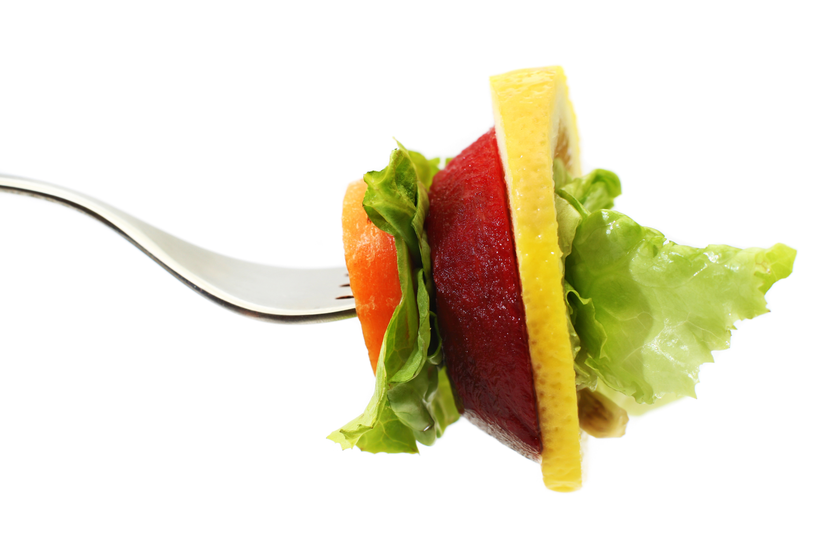
Have a hankering for produce? We crave lighter meals in the summer heat, just in time for the bounty of fresh fruits and veggies that become available. Coincidence? Or maybe that’s what Mother Nature intended!
We can be reasonably certain, however, that Mother Nature never intended for us to eat chemical pesticides. The dangers of pesticides are:
- They disrupt nerves and hormones.
- Systemic insecticides are absorbed by the plant and do not wash off.
- They are especially dangerous to the developing bodies of babies and children.
The EWG’s 2022 Shopper’s Guide to Pesticides in Produce ™
Organic fruits and vegetables cannot be treated with pesticides or chemical fertilizers. You may already buy organic produce as often as you can, but if you can’t find or afford organic produce for every item you buy, keep the “Dirty Dozen” in mind.
The following produce have been tested by the Environmental Working Group (EWG) and found to be highest in pesticide residues:
Produce in the Dirty Dozen™
- Strawberries
- Spinach
- Kale, Collard & Mustard Greens
- Nectarines
- Apples
- Grapes
- Bell & Hot Peppers
- Cherries
- Peaches
- Pears
- Celery
- Tomatoes
* A small amount of sweet corn, papaya and summer squash sold in the United States is produced from genetically modified seeds. Buy organic varieties of these crops if you want to avoid genetically modified produce.
The EWG has also established the Clean Fifteen™ which lists the fruits and vegetables that are generally free of pesticide residues, and therefore safer to buy conventionally grown. This helps you save your money to buy fruits and veggies that appear in the Dirty Dozen list.
Produce in the Clean Fifteen™
- Avocado
- Sweet Corn*
- Pineapples
- Onion
- Papayas*
- Sweet Peas (frozen)
- Asparagus
- Honeydew Melon
- Kiwi
- Cabbage
- Mushrooms
- Cantaloupe
- Mangoes
- Watermelon
- Sweet Potatoes
*Note: A small amount of sweet corn, papaya and summer squash sold in the United States is produced from genetically modified seeds. Buy organic varieties of these crops if you want to avoid genetically modified produce.
To see where your favorite fruits and veggies stand on the EWG’s list, go to the full list here.





